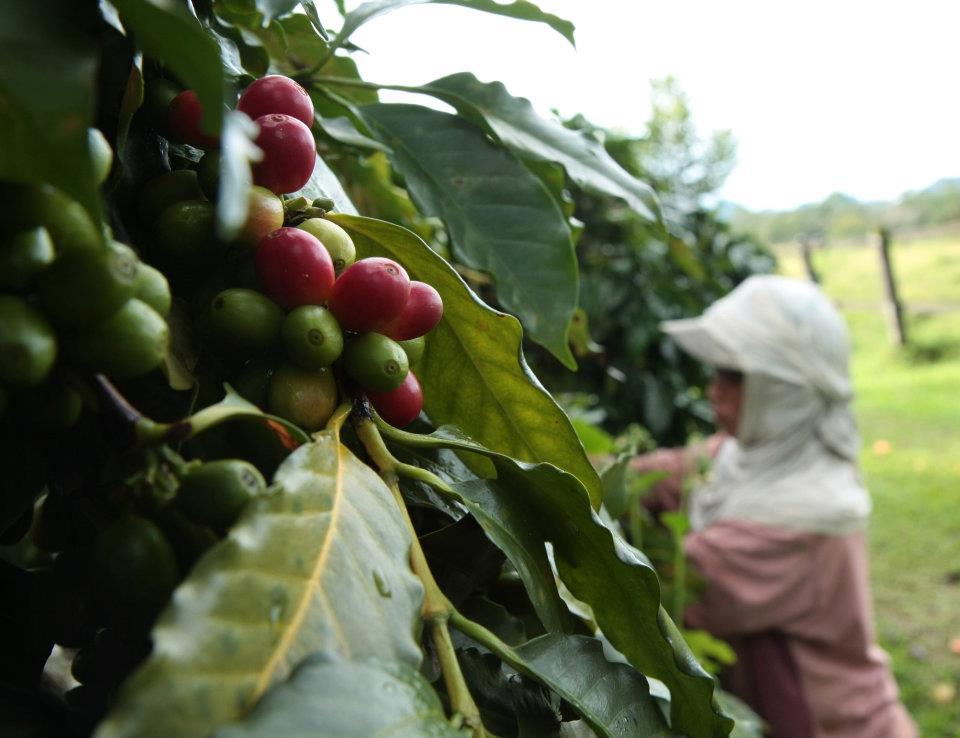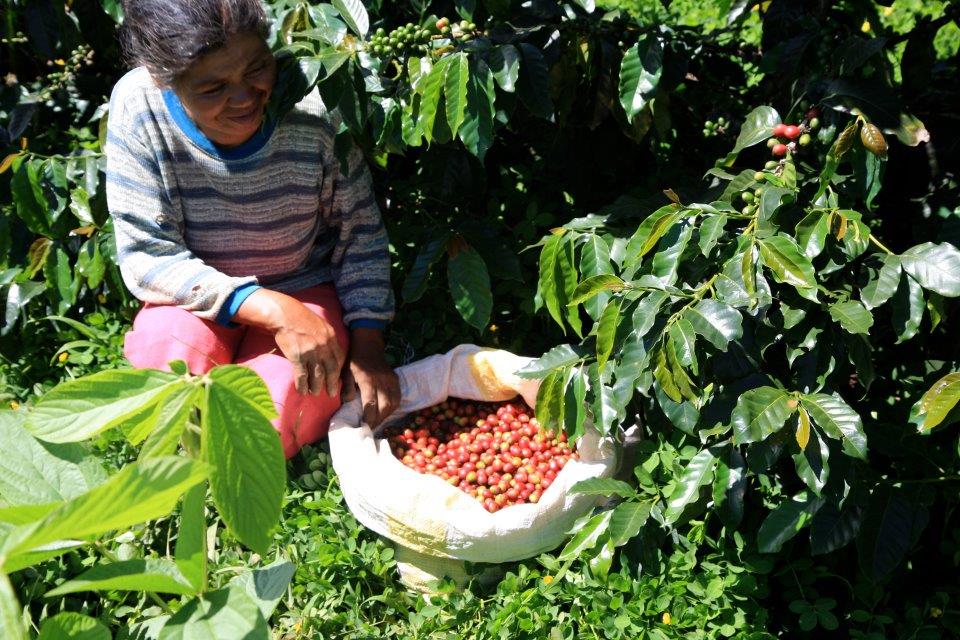Unknown to everybody’s eyes, the hinterlands of Bukidnon own the after-sought sweet coffee. In early 1980s, Philippines recognized Bukidnon as coffee province due to a world class coffee bean – sought after a premium price. This glory formerly held is yet to be regained.

In History
Coffee as primary source of residents’ livelihood has been told in history. Economic twists and turns however gradually diminished the record. Prices of coffee beans significantly dropped that led to crop diversion – from coffee to cash crops, among others.
Coffee farmer Anecita Lumigoy recalled how they cut their coffee trees for corn. “It happened because the price of coffee cannot compensate our family’s daily needs,” said Anecita.
Industry’s Initiatives and Support
With its adoption of Industry Clustering as a development strategy, DTI embarked on providing assistance to help revive the coffee industry.
Since 2010, DTI-Bukidnon in collaboration with other business development service provider implemented initiatives that made buzz in the community. The different coffee brands proudly represented by farmers living in far flung, mountainous areas of Bukidnon received various development services.
“This initiative was strengthened with the inclusion of the coffee industry in the 3-year National Industry Cluster Capacity Enhancement Project (NICCEP),” Provincial Director Ermedio Abang affirmed.
DTI supported coffee processors further through provisions of five Shared Service Facility (SSF) Projects worth PHP7.5 million.
The Small and Medium Enterprises Roving Academy (SMERA) introduced coffee farming as a business to remote community settlers through an Investment Opportunity Seminar. Robert Ansaldo, President of Rocky Mountain Arabica Coffee Company encouraged participants to treat coffee farming as a business rather than a backyard crop.
Coffee processors also received assistance like development of label designs and packaging.

The result: Birth of More Coffee Processors
Bukidnon is the home of IMDALSA Coffee – produced by the agrarian reform beneficiaries; Kape Maramag and Kape Napalit – products of women’s organization; and Kape Roger – product of passion from Malitbog.
In 2015, adding the list were 12 newly served farmer-organizations engaged in coffee production.
The unwinding DTI assistance reached over a thousand farmer-beneficiaries last year; generated PHP25.82 million sales, and PHP1.2 million in investments. In the first three months of 2016, the industry kicked-off with PHP4.6 million sales with plans rolled-out for continued success.
Heading forward to Specialty Coffee
Early in 2015, non-government organization (NGO) and co-coffee advocate ACDI/VOCA collaborated with DTI-Bukidnon to start developing Specialty Coffee in the province.
This combined forces opened opportunities. Four foreign coffee experts came – all affiliates of the Specialty Coffee Association of America (SCAA), and trained over 40 Bukidnon coffee farmers, certified, and transformed them into becoming trainers for topics in agricultural coffee production, and post-harvest handling and processing.
Trekking through this rough and bumpy terrain of Bukidnon is never easy. But with cohesive, active Coffee Industry Stakeholders, provision of business development interventions has been made easier. Tiny steps started it all and doing it collaboratively and constantly make the coffee players alive and vibrant.


